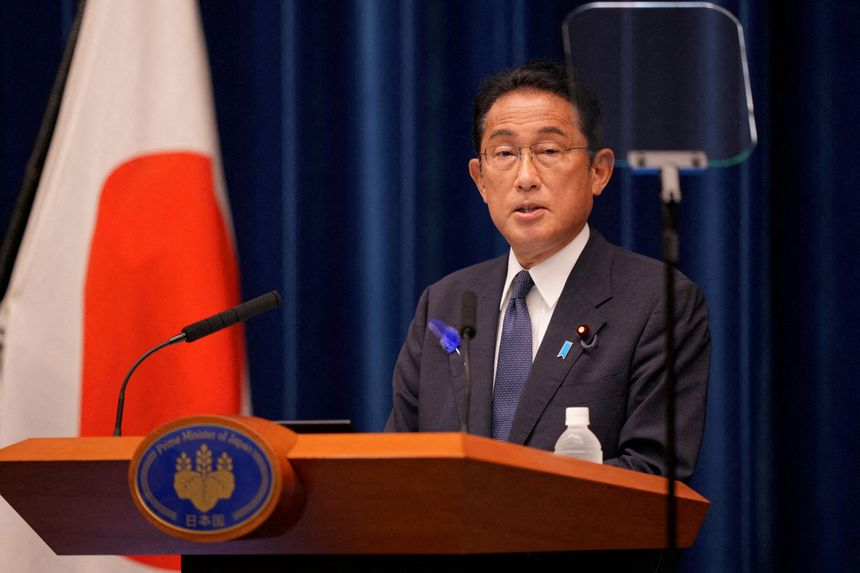Jun 25, 2023
Joel Tillinghast on investing in Japan
Aug 31, 2022
The Wall Street Journal: Japan returning to nuclear power
Sep 22, 2020
Thomas Sowell on immigration
Jun 24, 2019
Harold Ickes on provoking Japan towards war (1941)
~ Harold Ickes, U.S. Secretary of the Interior, June 23, 1941

Jan 10, 2011
Japanese wisdom on the hidden danger of the free lunch
~ Michihiro Matsumoto, The Unspoken Way, 1988
Jan 19, 2010
Tim Kelly on the Japan Airlines bankruptcy
Yet the biggest winner in JAL's collapse may be Japan's domestic travelers. The recession felled the biggest tree in the forest and is giving sapling discount carriers their first real chance to crack the comfortable JAL-ANA duopoly that has kept airfares high for decades. It can cost more to fly between Japanese cities than to fly from Japan to New York. That JAL couldn't survive even with a cushy home market is testament to the sloppy management of an airline stuck in an era of high-cost elegant travel that disappeared most everywhere else years ago. A myriad of militant pilot and cabin attendant unions ready to strike at any hint of cost cutting helped keep that air castle afloat.
~ Tim Kelly, "The Joy In JAL's Nightmare," Forbes.com, January 17, 2010
Jun 8, 2008
BW: Book critical of Japan's electronics industry "jumping off shelves" (2007)
~ BW, "Do or Die; A book calling for the remaking of Japan's electronics industry is a surprise hot seller," May 7, 2007, by Kenji Hall

Feb 17, 2008
Jim Grant on where he invests his own money
~ Jim Grant, "Valedictory," Forbes, February 25, 2008
Jan 30, 2008
Ben Eldred on Japanese inflation
~ Ben Eldred, Senior economist, Daiwa Securities, "Japans Long Awaited Inflations Saps Spending, Growth," Bloomberg, January 29, 2008




